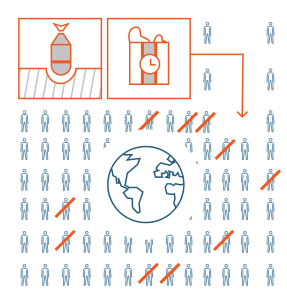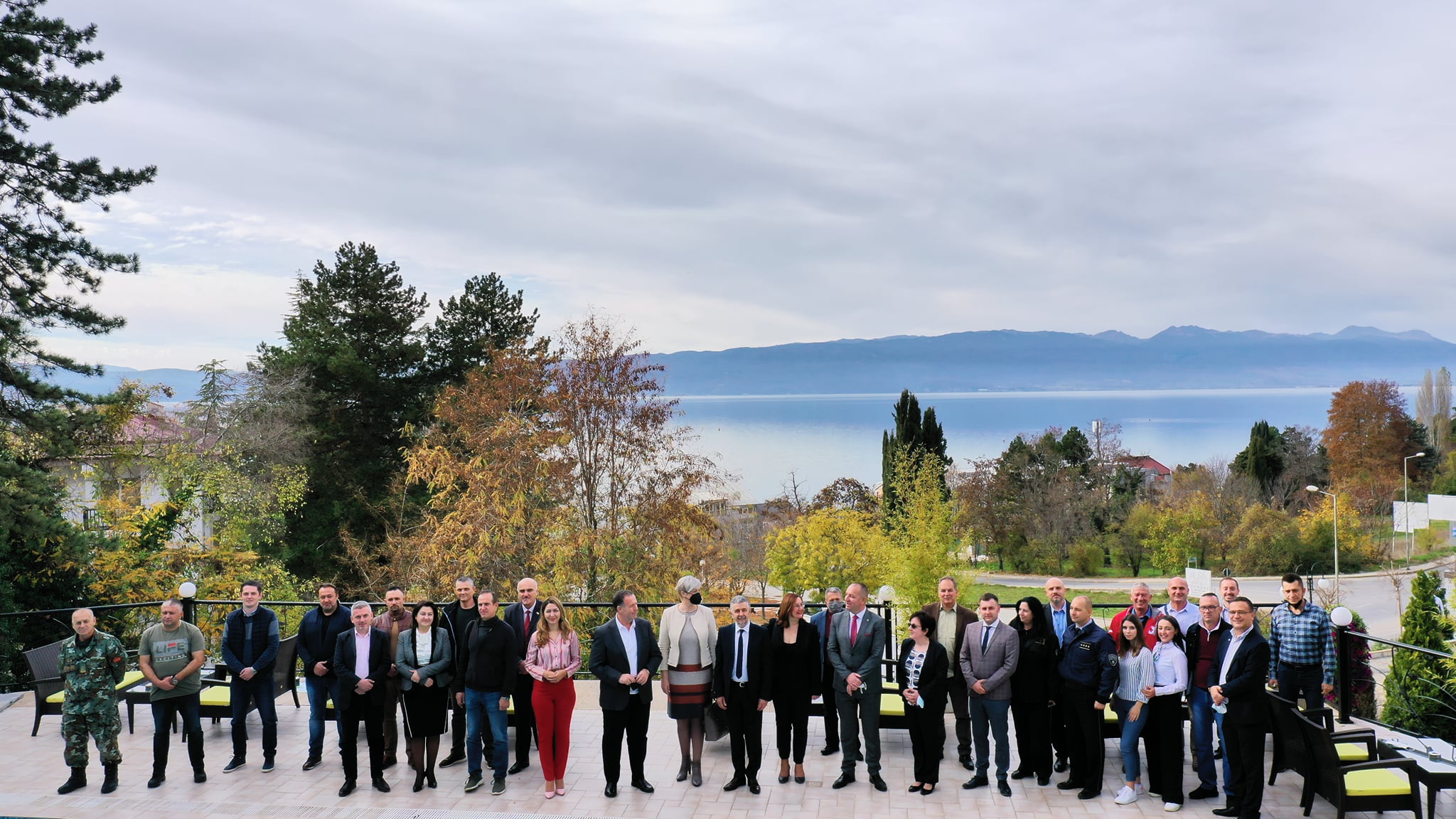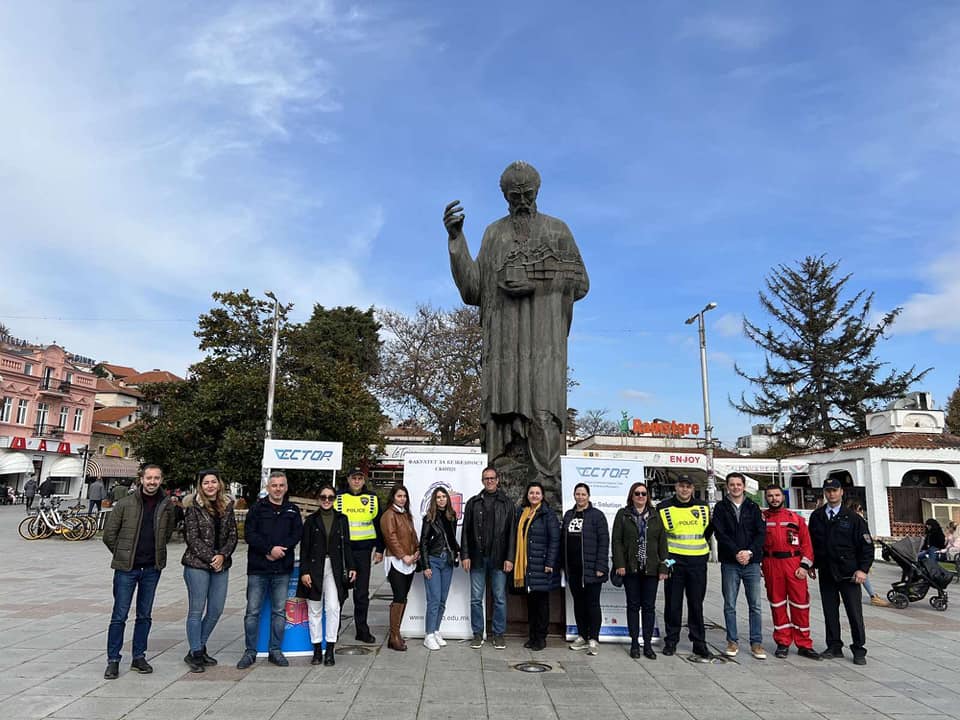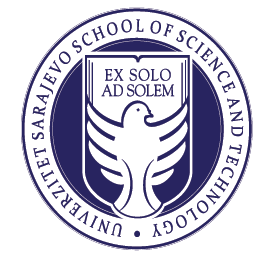Virtual Evidence Capture Tool for Ordnance Recovery
VECTOR is a NATO SPS funded research project that is developing an integrated solution for identifying, analysing, classifying and responding to explosive devices. By fusing 3D photogrammetry, artificial intelligence, augmented and virtual reality technologies, we are developing a versatile toolkit that is deployable in a wide range of Explosive Ordinance Disposal (EOD) operational scenarios.






